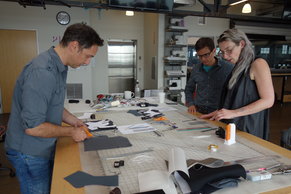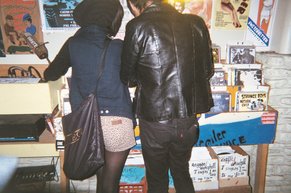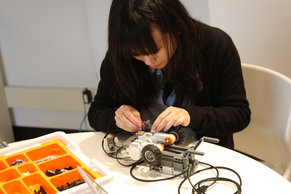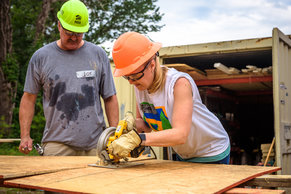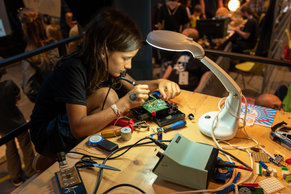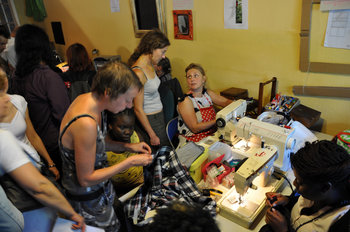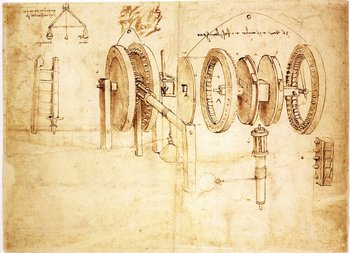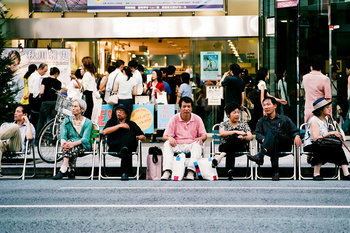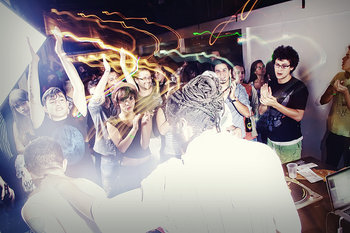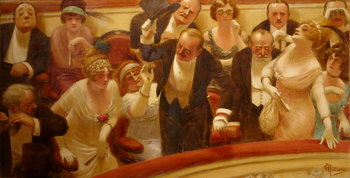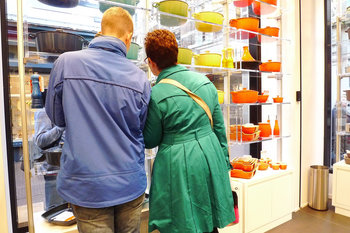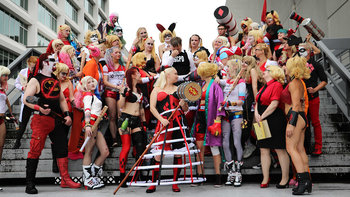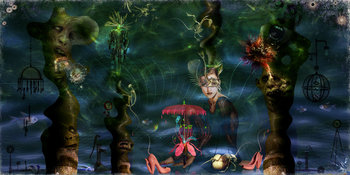
Design
Advanced design tools that allow customers to design their own complex products without any special knowledge. This may result in specifications that go to a manufacture for production. At the moment it is possible to design relatively simple products such as shoes. In future, it is possible that consumers could design highly complex things such as electronics or medicines.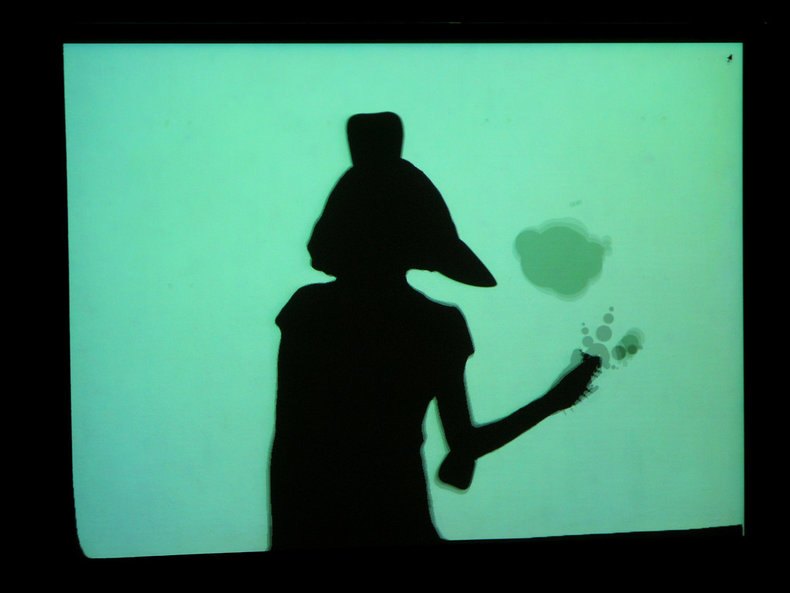
Production
Automated production from home using technologies such as 3D printing. In the future, this is likely to become far more advanced such that anything can be produced at home given a design. For example, an army of nanobots that are used around the house to manufacture anything you need.
Ensemble
Arranging things in novel ways to increase their value. For example, street fashions created from off-brands, vintage clothing and original works. This is thought to rival high fashion as street fashion enthusiasts are closely watched by the fashion industry to detect trends and find inspiration.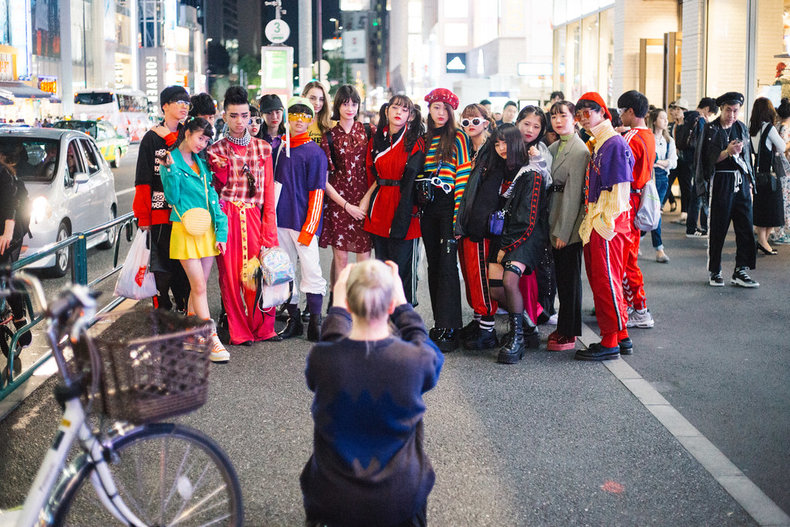
Development
The development of products and services. This may build on existing frameworks or start from scratch. For example, a coder who develops their own encryption software using existing libraries who then shares it as open source for other coders to build upon.
Hacker Culture
Hacker culture, not to be confused with security hacking, is a subculture of people who are interested in pushing products and services to do new and novel things. This was originally associated with software but has expanded to include pretty much anything. Hacker culture is oriented towards breaking down artificial limitations and challenging functional fixedness.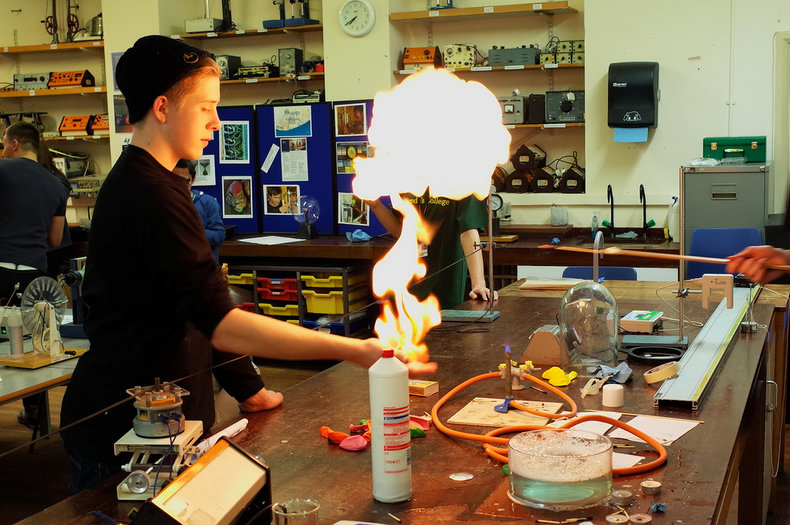
Fandom
Fandom is a collection of subcultures organized around enthusiasm for pop culture. This often goes beyond passive enjoyment to participate in the creation of music, videos, fiction, costumes, art and other original works that may rival their commercial equivalents in quality.
Mods
A mod is a modification or extension of a video game. This is often encouraged by game developers as it creates more content that can be more popular than the original versions of the game.
DIY
Do-it-yourself, or DIY, is the practice of doing work for yourself that was traditionally done by professionals. This is a diverse set of activities and subcultures that ranges from home repair to fashion design.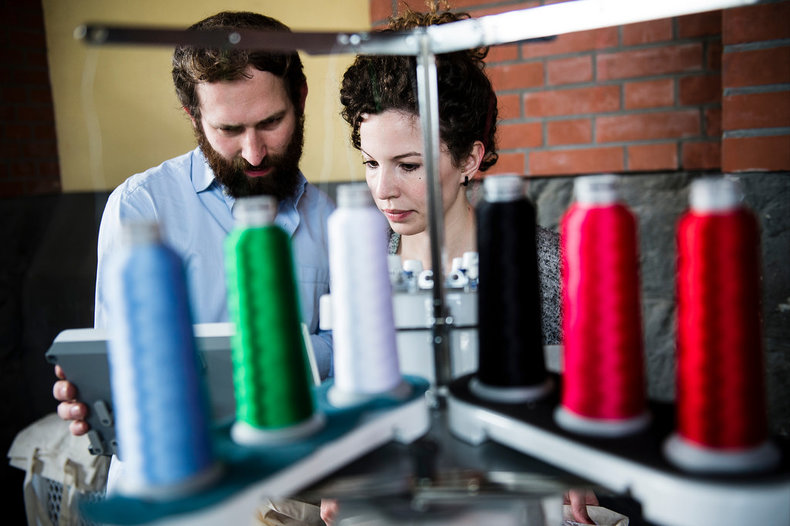
Maker Culture
Maker culture is a subculture related to hacker culture and DIY that tends to go a little further to invent things.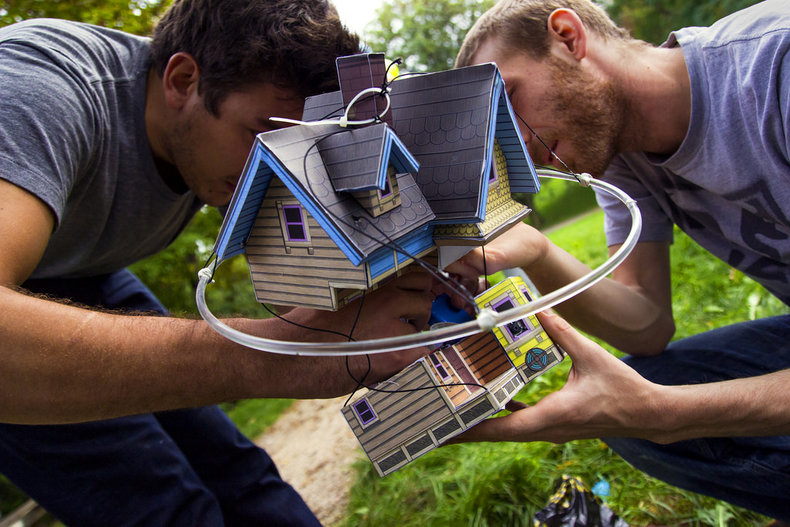
Repair & Maintenance
Repair and maintenance by an individual or community. For example, a repair cafe that fixes electronics, appliances and bicycles as a community. This is based on the right to repair.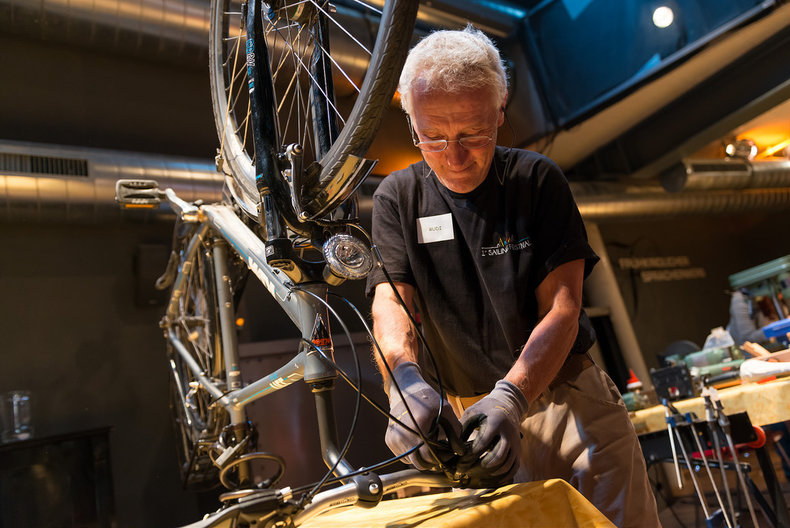
Support
Communities of users who help each other solve problems with a product, service or open project.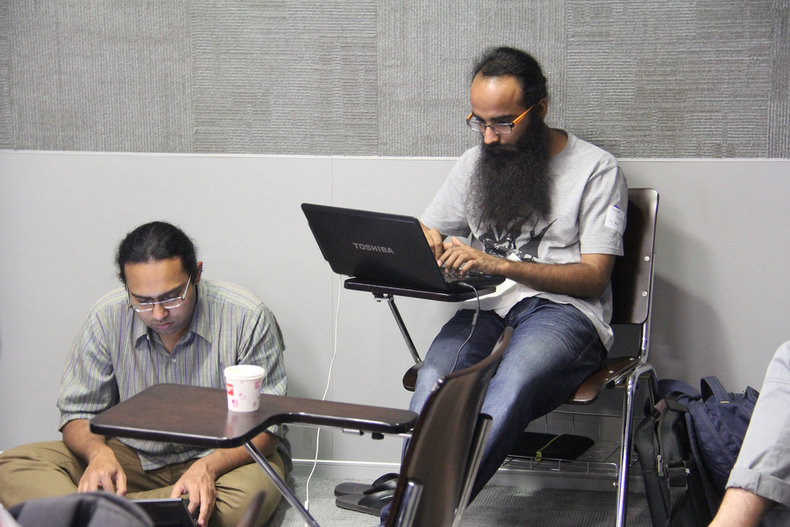
Notes
Historically, the word prosumer was used to describe a consumer who was willing to purchase high-end gear designed for professionals or businesses. For example, an amateur photographer who buys a $40,000 camera designed for professionals. This is something of an antiquated idea due to the process of consumerization whereby professionals increasingly buy regular consumer models.| Overview: Prosumer | ||
Type | ||
Definition | Consumers who produce their own goods. | |
Related Concepts | ||


